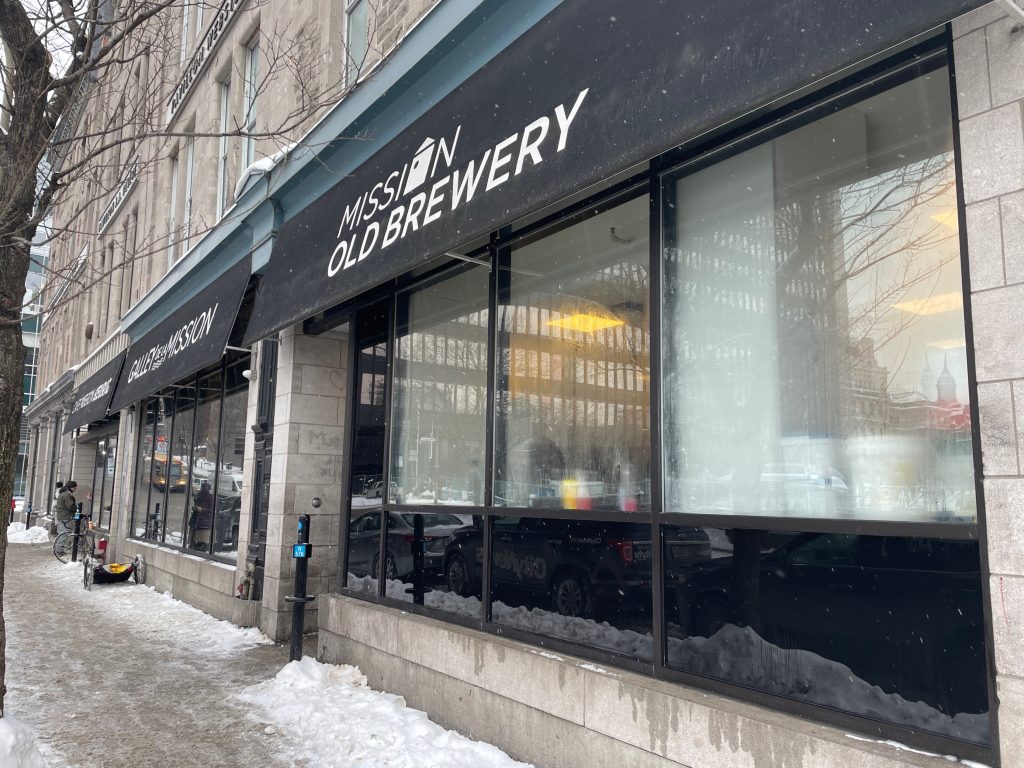Use of health employment agencies ending in 5 Quebec regions

Posted March 31, 2025 9:48 am.
Last Updated March 31, 2025 9:49 am.
Public health network establishments in five Quebec regions have until Monday, inclusively, to end their use of private employment agencies.
The regions concerned are Montreal, Capitale-Nationale, Chaudière-Appalaches, Laval and Montérégie.
The use of private agencies in these regions was due to end on Oct. 20, but the Minister of Health, Christian Dubé, had granted them a reprieve until the end of March.
When announcing the postponement of the deadline in August, the Minister pointed out that staff in the field were asking for “flexibility” to ensure a “better coordinated” transformation.
“We’re adapting, for patients and staff. It’s the right thing to do. We are pursuing our objective, while continuing to offer safe care to the population,” he had pleaded in a press release.
Although it has been calling for an end to the use of private agencies for years, the Fédération interprofessionnelle de la santé du Québec (FIQ) maintains that, “without an effective hiring and retention strategy,” the transition “risks exacerbating the current crisis in the healthcare network.”
The FIQ, which represents the vast majority of nurses in all Quebec healthcare establishments, points out that recruitment remains a major challenge in the public network.
According to its president, Julie Bouchard, ending the use of agencies must go hand in hand with investments to stabilize teams and ensure staff retention.
“We absolutely must offer predictable schedules to better reconcile personal life and work, put an end to job cuts and hiring freezes, and above all, value the expertise of care professionals to avoid a new exodus,” she stressed in a press release sent out on Monday.
For the “adjoining” territories, i.e. Saguenay-Lac-Saint-Jean, Mauricie, Centre-du-Québec, Estrie, Laurentides and Lanaudière, the end of recourse to independent labour will have to be achieved by October.
The government has given itself until October 2026 to stop using agencies in “remote” regions, namely Bas-Saint-Laurent, Outaouais, Abitibi-Témiscamingue, Côte-Nord, Nord-du-Québec, Gaspésie, Îles-de-la-Madeleine and Nunavik.
–This report by La Presse Canadienne was translated by CityNews








